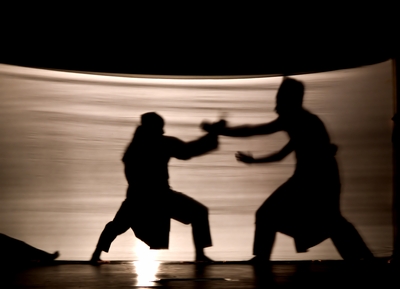Much has been written of late about stories and storytelling.
Mel and Pat Ziegler, founders of Banana Republic and serial entrepreneurs, narrate their concept’s early days (BGB, before The Gap buy-out) in Wild Company.
Kentuckian (and former Pittsburgh Pirates player) J.Peterman, no newbie to the art of romance, re-started his eponymous catalog in the early 2000s and is, fingers crossed, succeeding this second time around. In fact, his newest wrinkle is an online travel adventure bulletin board, building a community for sharing off-beat customer experiences.
Forward-thinking marketers are declaring that do-good promotions are passé, trumped by experiential marketing … and, you got it, stories.
But who’s telling stories? More, who’s telling them well … and authentically?
Other than actors, of course – and anyone who’s been schooled in presentations (sometimes) and improvisation (occasionally).
Those of us whose professions rely on tugging hearts and plying emotion – with the whole truth and nothing but – are, quite frankly, not always so adept at spinning tales. We forget about protagonists and antagonists. Rush through the narrative because time is limited. Ignore the intake of breaths around the plot and the climax and denouement. And don’t rehearse the actual delivery.
It’s as important inside a business as it is in talking products or services with real-life buyers. Entertainment for a reason (not for frivolity’s sake) tells our rapt audiences as much as possible, gets them to experience the event through different lenses, underscores a point without preaching, and, in short, screams “genuineness” with a purpose, memorably. Storytelling’s an art … and an important element of persuasion.
Which MBA or higher-ed institution will be the first to pioneer that idea in its curricula?
